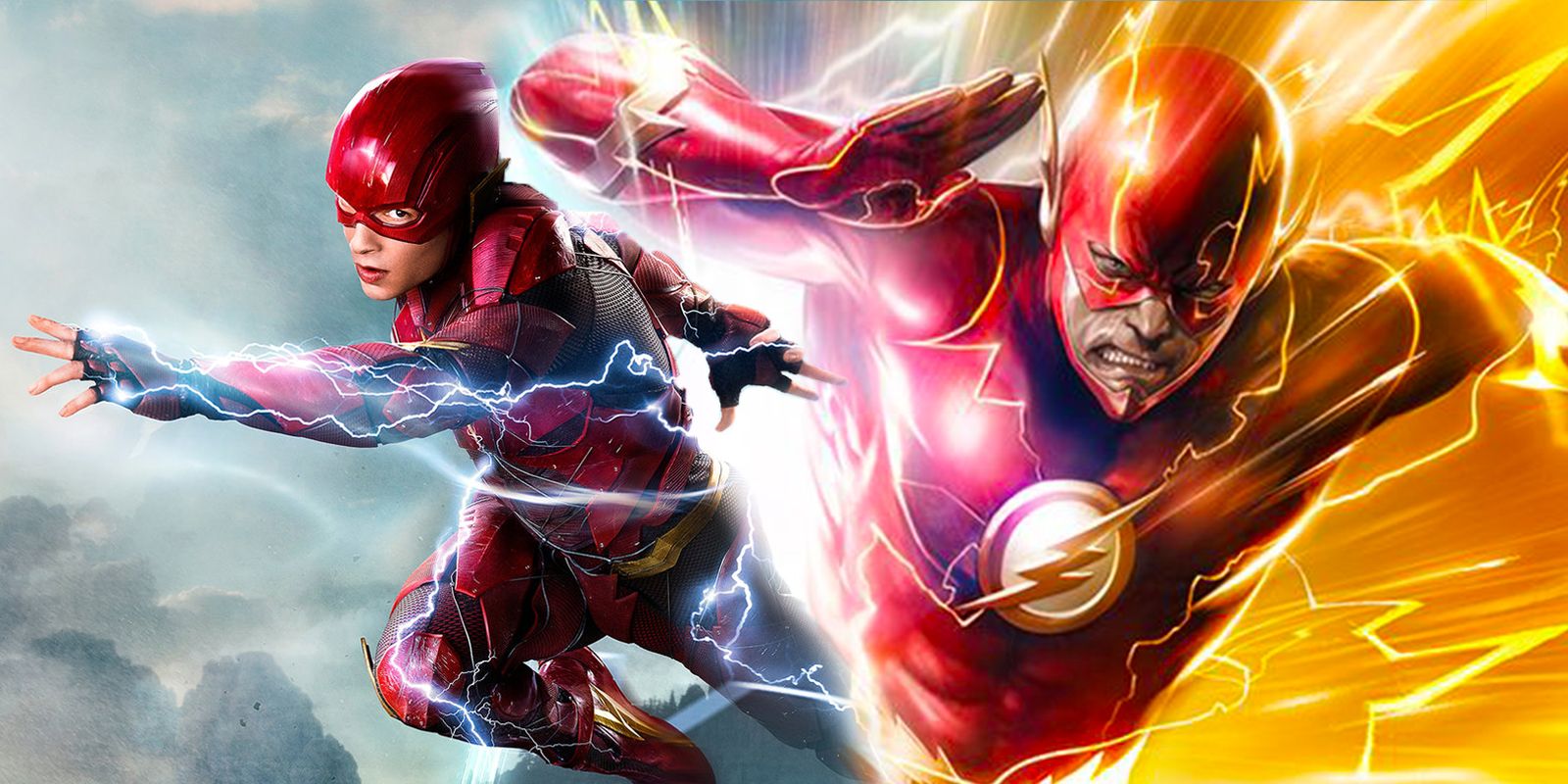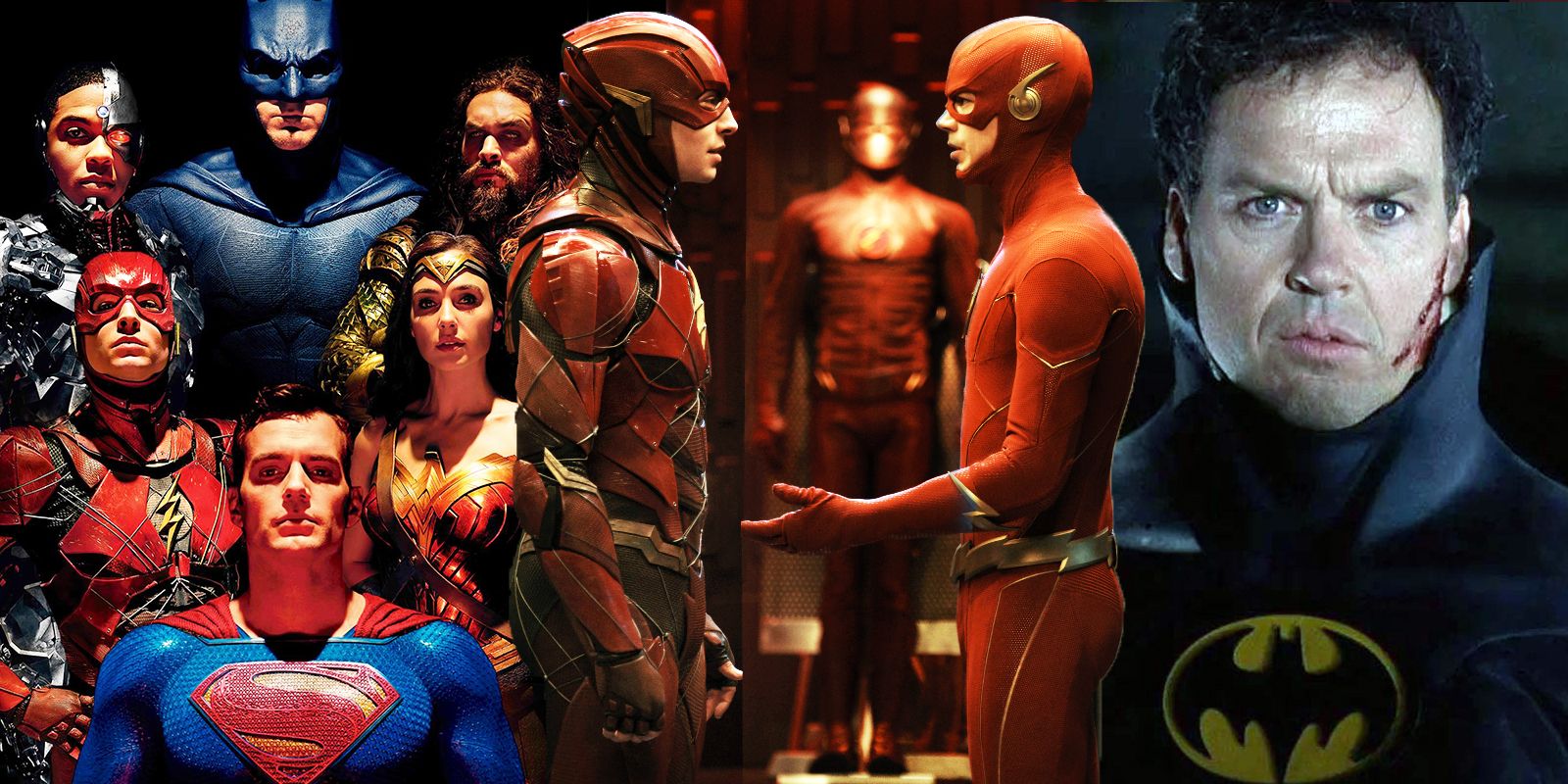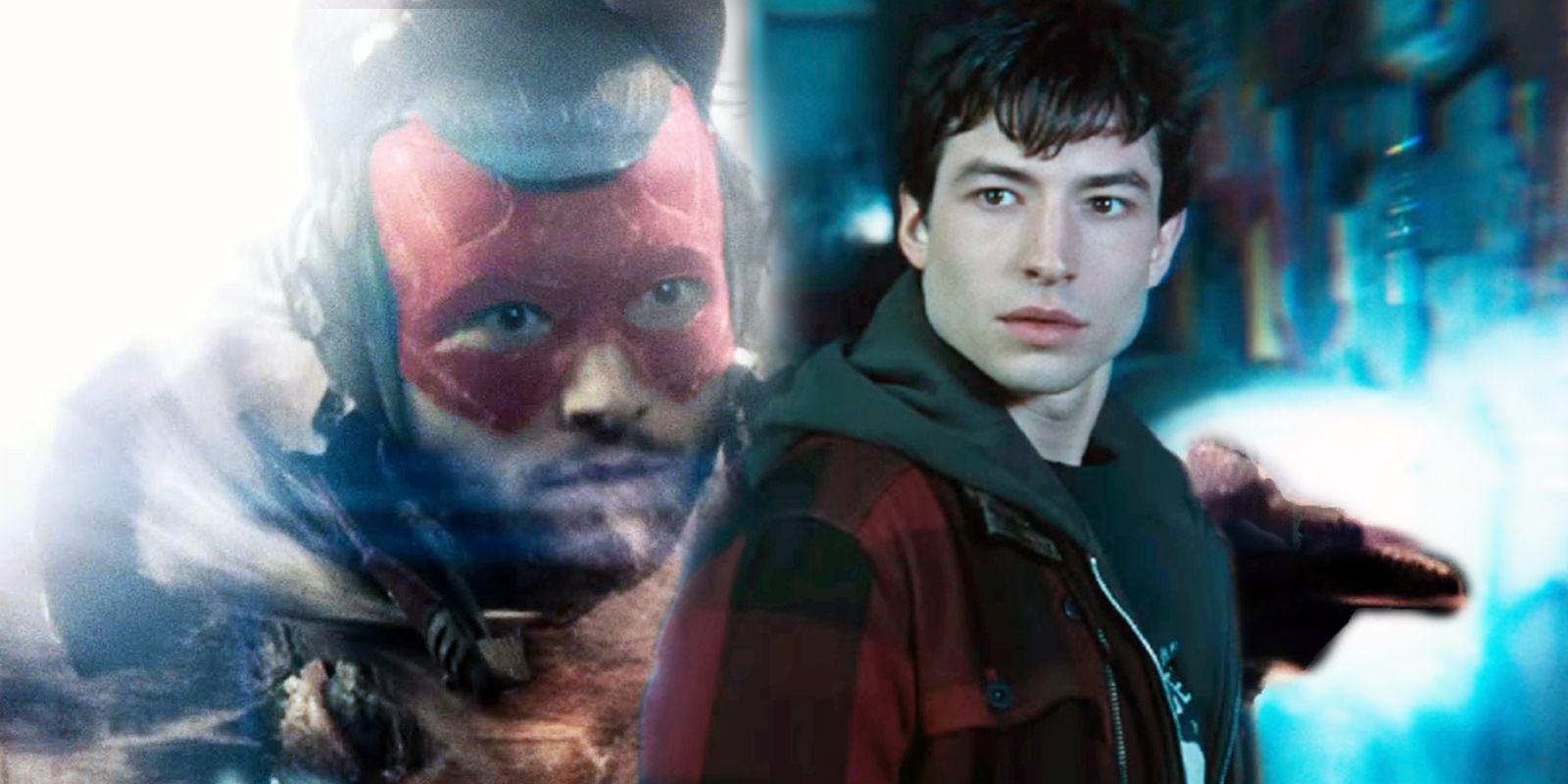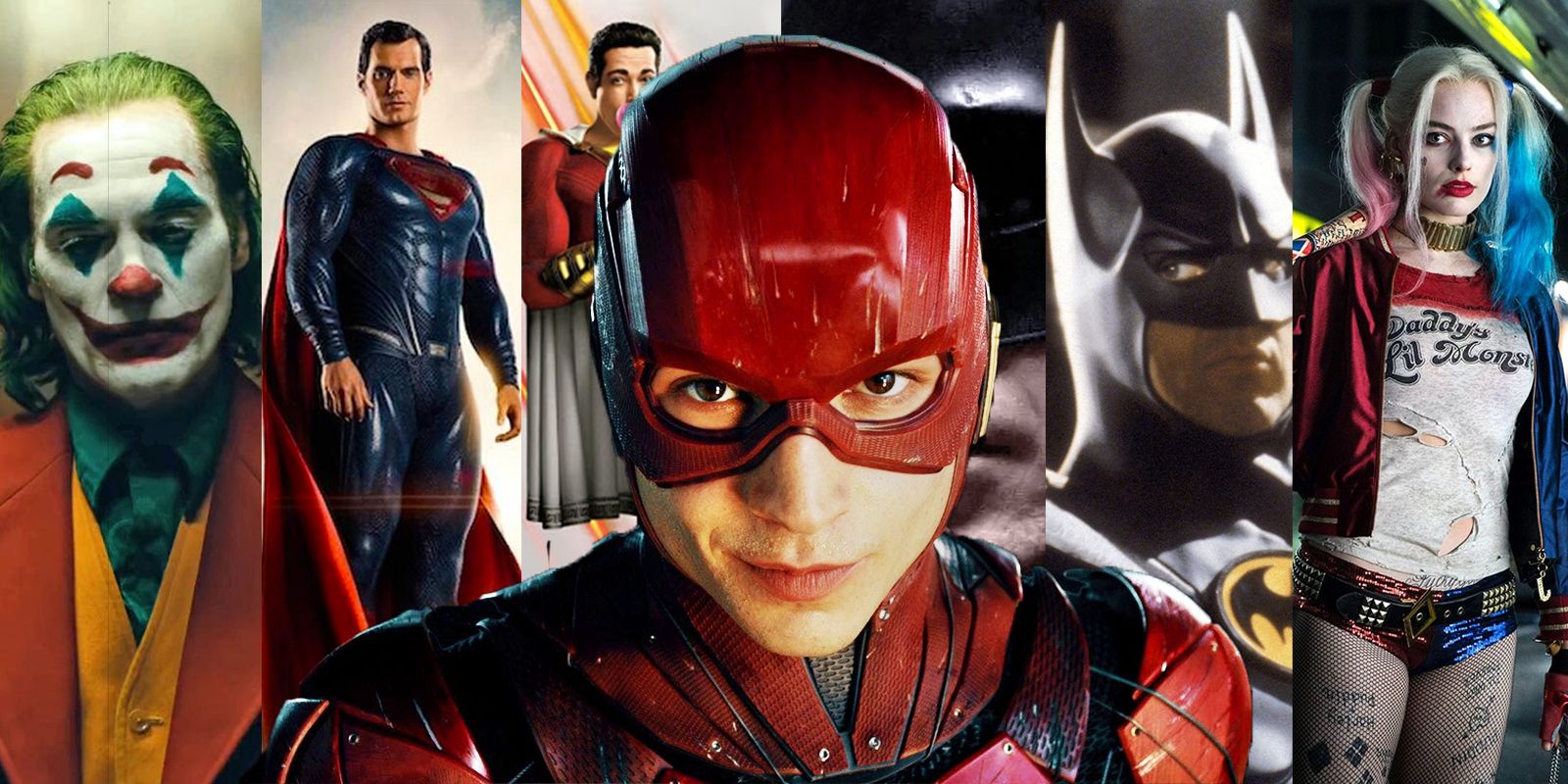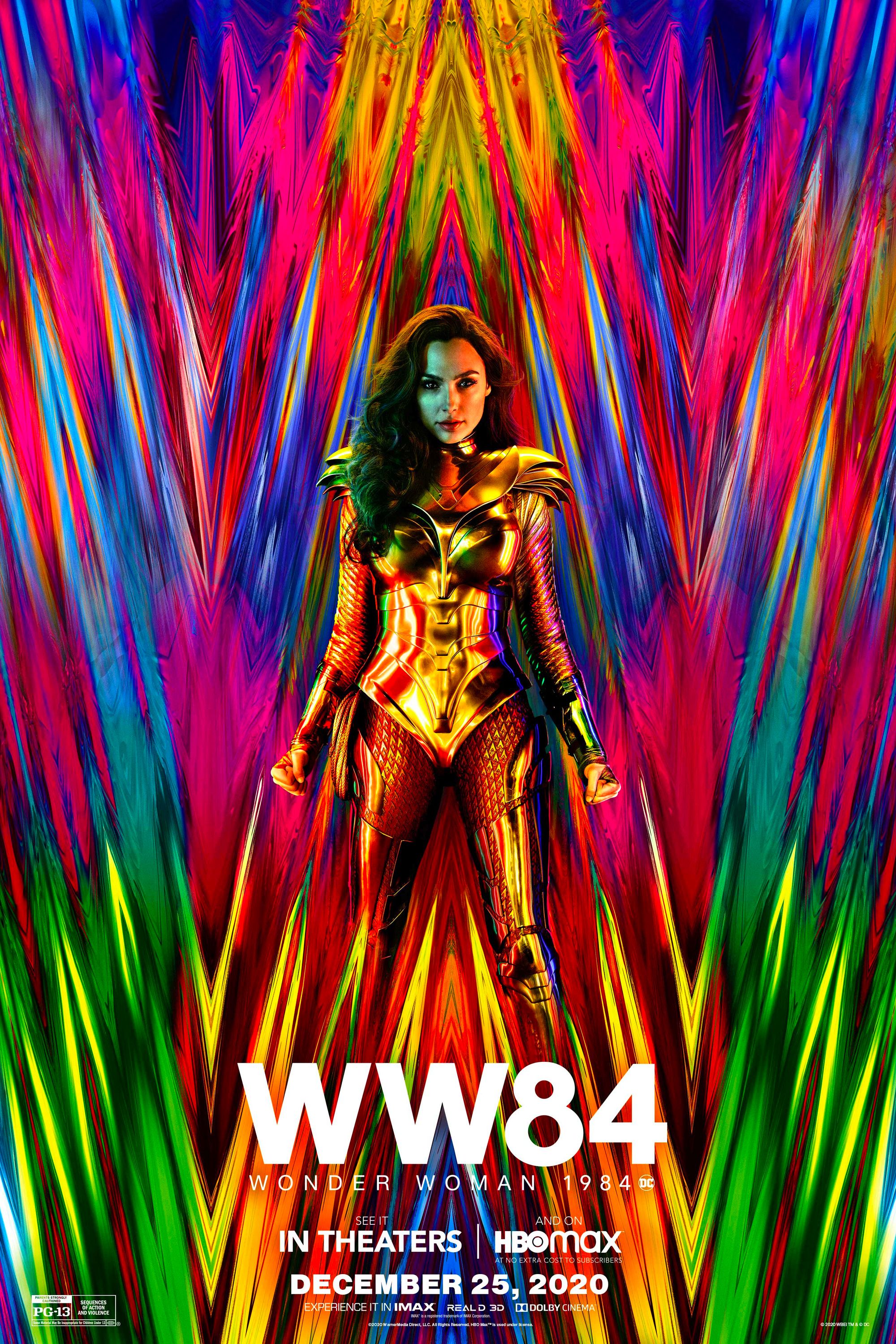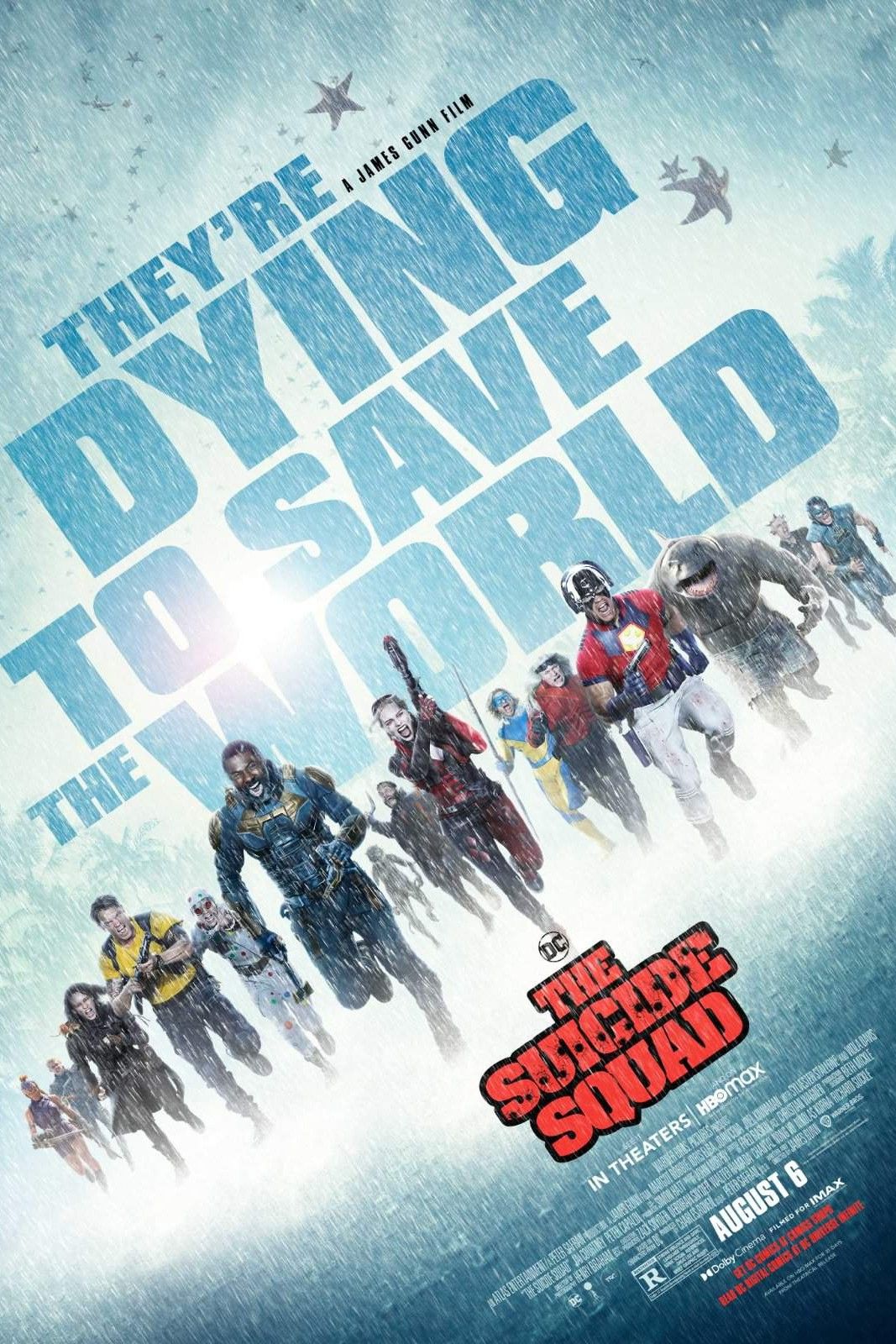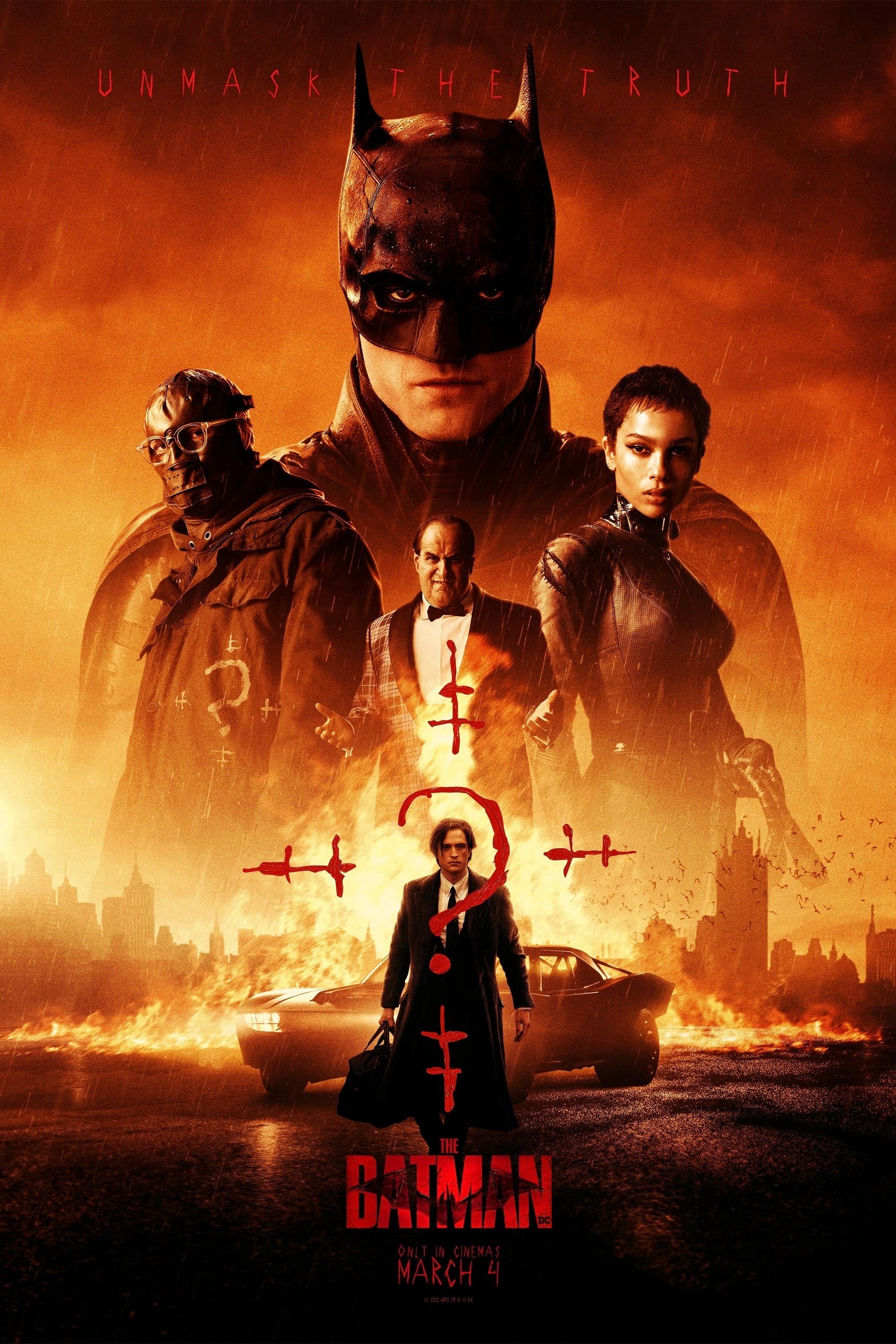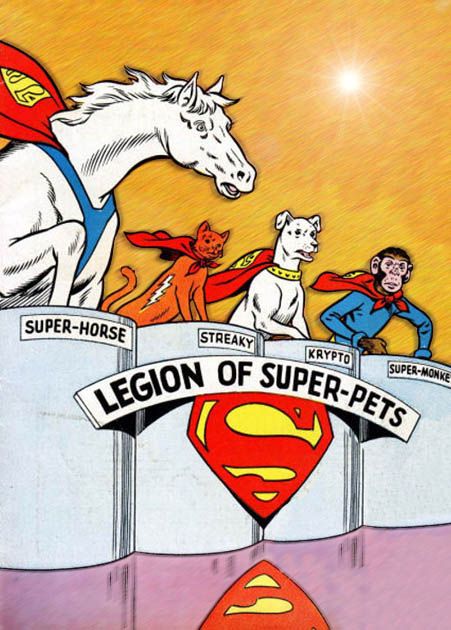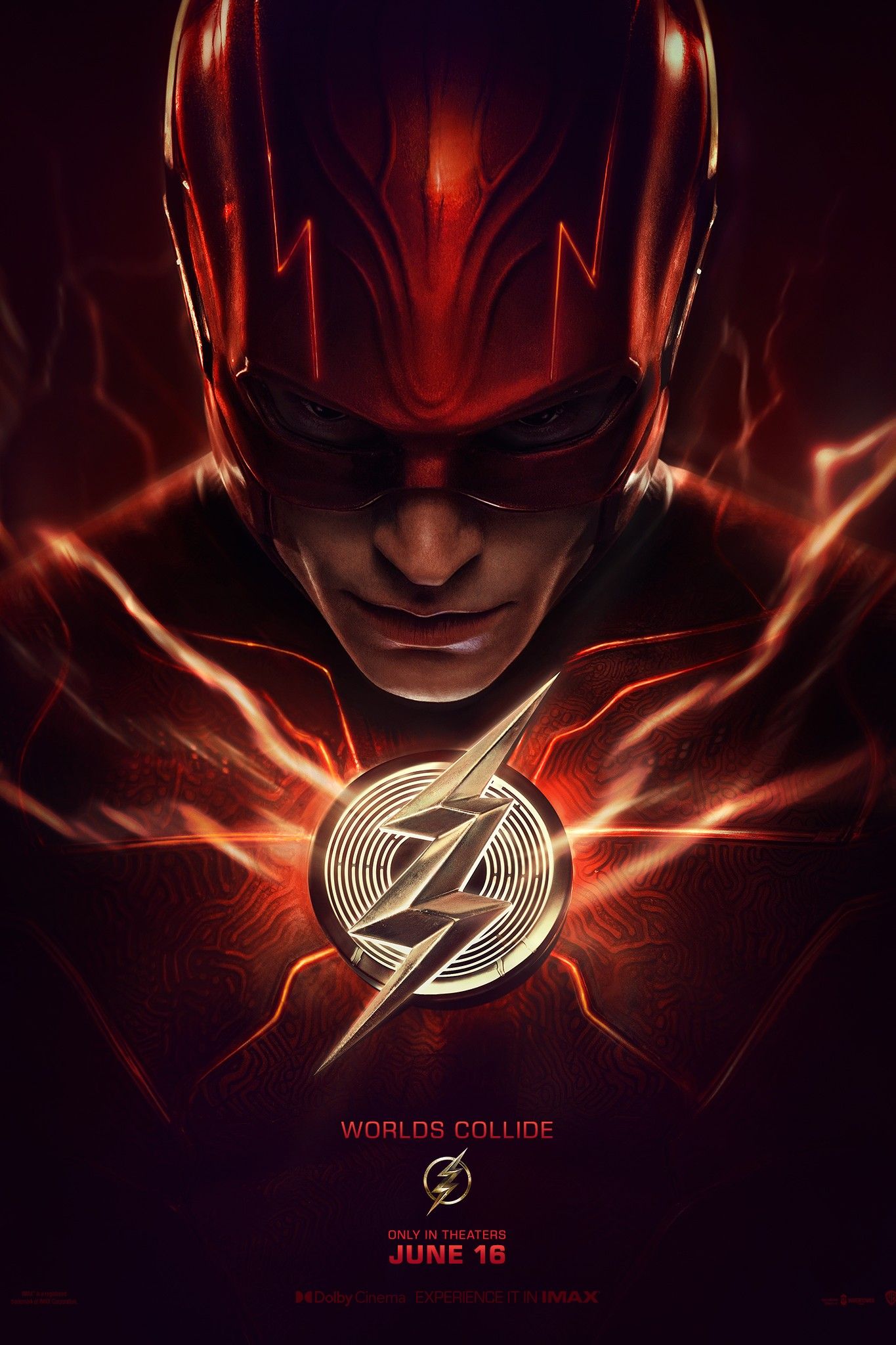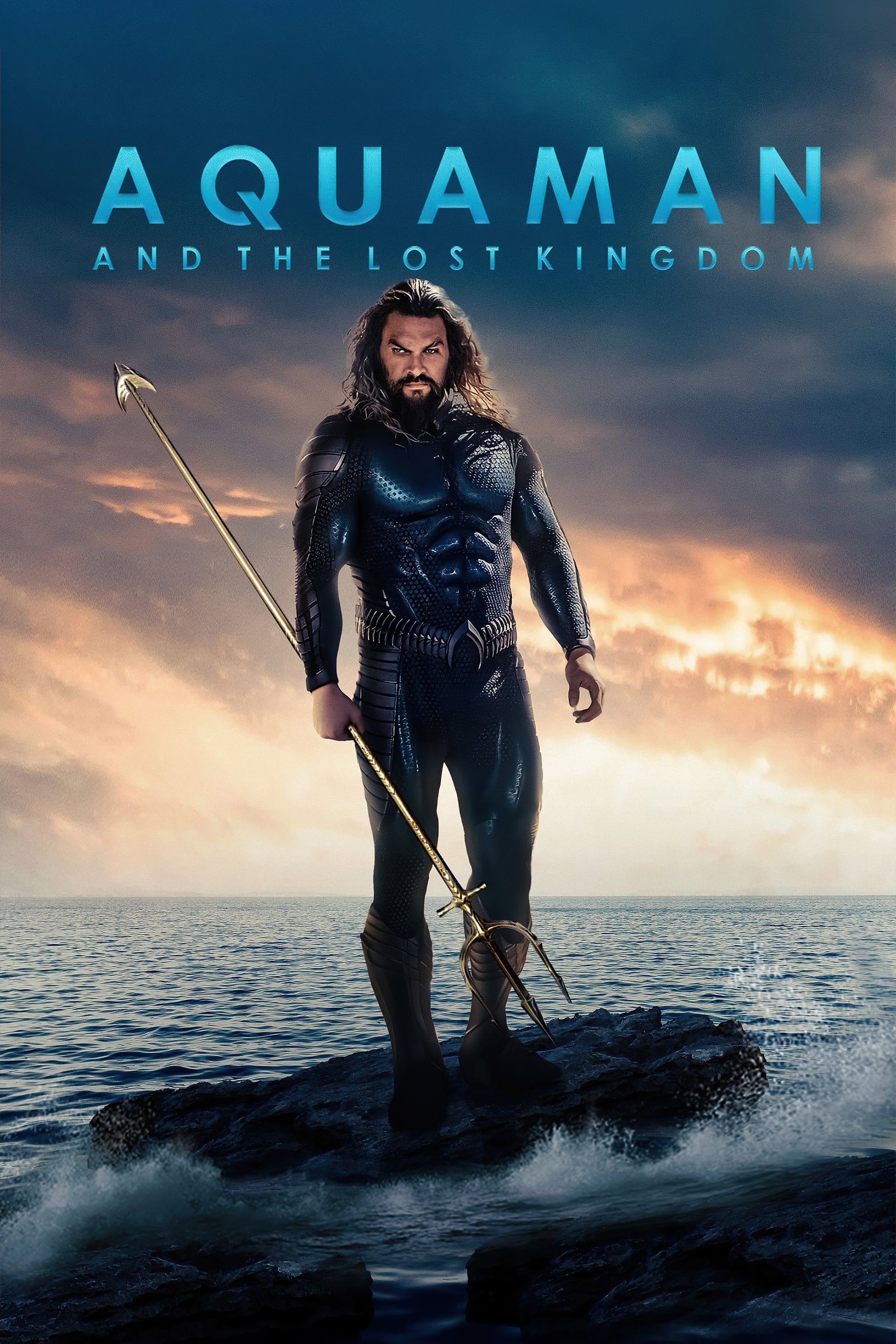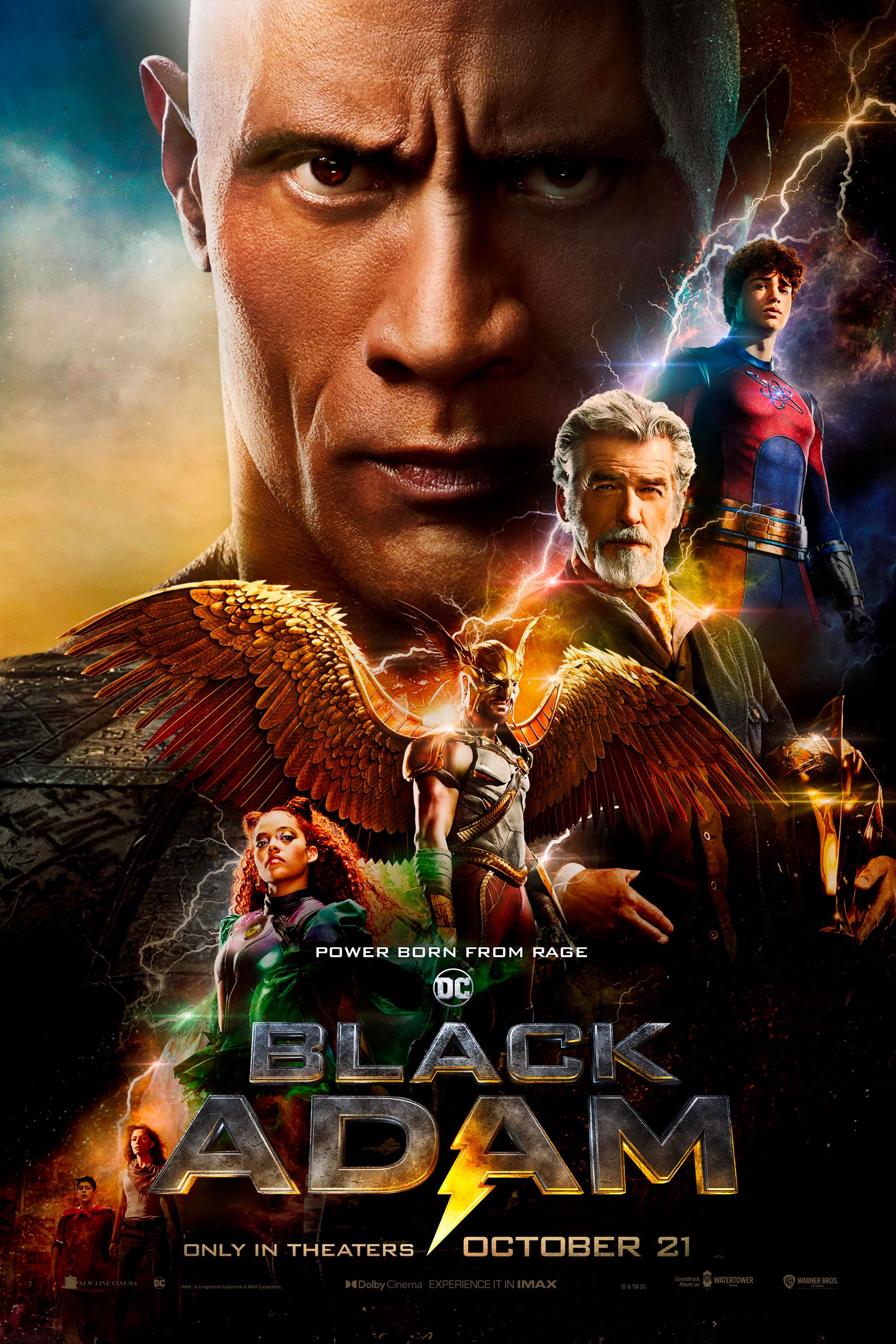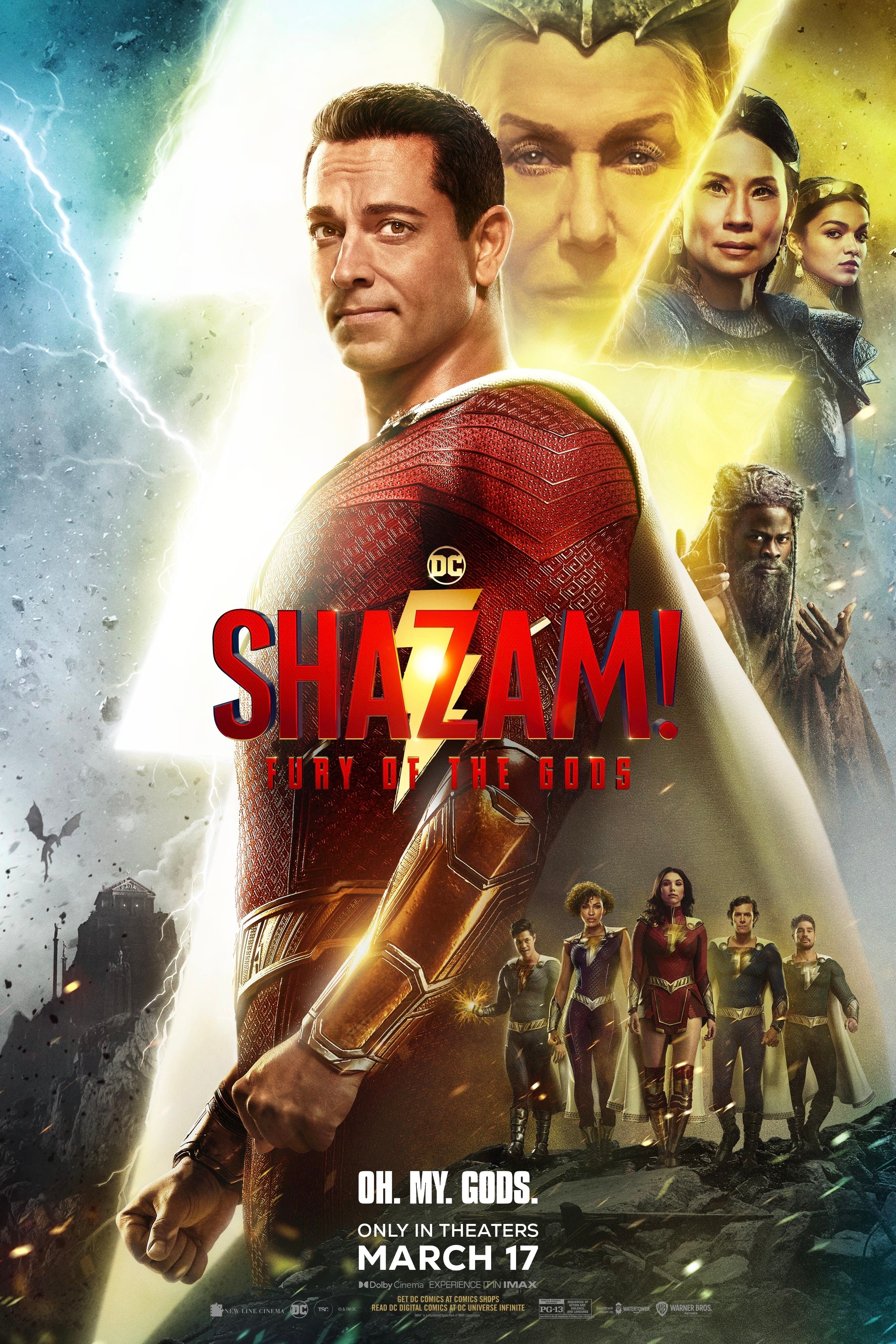After more than four years' worth of delays, it seems The Flash will become the much-needed harbinger of change for the DCEU, and as such, it doesn't need to have a traditional villain figure. The introduction of a multiverse in The Flash through a Flashpoint event will not only fix the flaws of the shared universe that movies like Batman v Superman: Dawn of Justice and Justice League attempted to establish, but it will also open the possibility to launch a new way to tell superhero stories on the big screen as DC movies depart from the traditional MCU model. This is the perfect chance to experiment with new narrative possibilities; namely, the lack of a main villain.
Since his very first appearance in Batman v Superman, Ezra Miller's Flash was already teasing his fateful relationship with time travel and the Speed Force. In that movie, an older Barry Allen visits Bruce Wayne (Ben Affleck) and tries to warn him about a dystopian future where Superman (Henry Cavill) becomes evil. When Superman returns from the dead with temporary amnesia and an aggressive mindset in Justice League, Barry's apocalyptic omen seems to be imminent. Unfortunately, the original plans for the DCEU fell apart after the negative reception of Justice League and the departure of key figures like Ben Affleck and director Zack Snyder. However, The Flash promises to take DC movies in a new direction with a dive into the multiverse - a confirmation that all of the DC properties, both old and new, coexist in some way.
DCEU Theory: The Flash Sets Up Michael Keaton's Batman Beyond
Undoubtedly, this will set The Flash apart from all of the DC films that came before it. Its TV show counterpart is already one step ahead after having its own trip into the multiverse, so The Flash movie certainly needs to kick it up a notch. Besides a larger scope and a creative strategy to present all the different universes, the lack of a traditional villain could help the film tell its story in a more efficient, innovative, and interesting way.
The Plot of The Flash May Be Too Complex Already
In addition to the central question of how time travel works in the DC universe, The Flash will need to explain the circumstances that lead up to Barry Allen toying with the space-time continuum, his interactions with the realities that will be involved in the event, and the consequences it will have throughout all of DC. Michael Keaton's return as Batman and Ezra Miller's appearance in the Arrowverse's Crisis on Infinite Earths suggest the Flash film will affect those franchises as well. Besides, the movie also needs to clear up the status of the DCEU, since the audience will certainly wonder which of the three versions of Batman - Michael Keaton, Ben Affleck, and Robert Pattinson - is canon (after clarifying what 'canon' really is, if it's anything at all). All of this creates an interesting conflict for Barry to solve in the movie, but it ultimately leaves no room for a proper villain to fully develop.
The comic book format of the original Flashpoint and Crisis on Infinite Earths storylines built upon the prominence of key players like Reverse Flash and Barry Allen, who already had a comprehensive background that established their personality and motivations. Therefore, the big DC events could focus on their reality-changing shenanigans, even with different versions of the same characters. The concise format of movies can't afford such a luxury, much less in a franchise where the only development the protagonist has had is a couple of cameos and a supporting role.
The upside, on the other hand, is that Barry Allen's time-travel conflict by itself is appealing enough to provide a groundbreaking cinematic adventure without the need for typical superhero movie elements like an archnemesis. Despite Darkseid's role in the Snyder Cut, the DCEU hasn't enjoyed the presence of a Thanos-like figure who clearly pulls the strings of the entire franchise toward an epic conclusion. This would be vital for The Flash if it intends to adapt the original Flashpoint, where Reverse Flash - Barry Allen's lifelong enemy - causes him to travel back in time and attempt to change the timelines. However, that figure could be replaced in The Flash by an abstract force instead of a person.
The Antagonist in The Flash Can Be The Speed Force
Director Andrés Muschietti has previously stated that The Flash adapts Flashpoint, but differently than the comic. It's easy to see why, as the film doesn't count with most of the foundations from the source material. What it does share with the Flashpoint comic is the goal to change the status quo of all the DC properties through an event that spans multiple universes. This means that the main antagonistic force that provides all the obstacles for the heroes is the shift in timelines, regardless of who has caused it. Given that the Speed Force is the root of Flash's powers and the basis to jump between realities, making it the main opposing entity could give the movie more freedom to delve into the multiverse plot and develop Barry Allen more deeply.
Abstract antagonists have been the essence of many movies for decades, mainly in the horror and disaster genres. For instance, the main appeal of all five Final Destination movies is the inevitability of fate, shapeless but more brutal than any anthropomorphic characters could ever be. Likewise, natural disaster movies like Twister and The Impossible center on a group of characters facing the merciless will of nature. Even in The Terminator, when Kyle Reese (Michael Biehn) explains that the T-800 (Arnold Schwarzenegger) "can’t be bargained with", he's also referring to the theme of destiny and the looming threat of Skynet that causes the main conflict in all of the installments of the franchise.
The Flash can use the Speed Force as the source of the same kind of conflict to develop its story. This way, the movie avoids saturating the audience with the introduction of a new villain in a very crowded film. It also resonates thematically with the time travel plot of the movie, as the connection Barry Allen creates with the Speed Force makes for a more personal conflict than his enmity with one of his iconic foes. As a result, his interactions with all of the characters that will appear in the movie can be more profound, and the film can delve more into the psychology of characters from other realities like the original Flashpoint did with Thomas Wayne's Batman.
The Flash Needs To Innovate DC Movies
From Warner Bros.' decision to diverge from the original DCEU continuity with films like Joker, Birds of Prey, and The Batman to the bold move of having Ezra Miller cameo in the Arrowverse, everything points out to a revolutionary shift in the way DC movies are made. The most evident change will be the new movies' independence from a single shared universe, but the most important change in the long run could be the replacement of well-worn narrative devices with more innovative ideas.
Movies like The Flash and The Batman can revolutionize DC like the Dark Knight movies did back in their day. But instead of Christopher Nolan's idiosyncratic style, they can innovate with zero and multiple villains, respectively. The Marvel Cinematic Universe is already in a stage of transformation, with its incursion into Disney+ original shows and the upcoming Doctor Strange in the Multiverse of Madness, which also aims to open its own version of the multiverse. Therefore, the introduction of multiple realities won't be enough for DC to stand out. New movies need a new kind of storytelling, and a new kind of antagonist could be the right move to start with.
The Flash has a lot of loose ends to tie already. Everything that comes with the birth of the multiverse needs as much screentime as the movie can give it, but it also grants the story a great source of conflict that's worth an entire movie to develop. Omitting the traditional figure of the villain can fully play to its advantage.

